Our Dental Hygienists help keep your teeth and gums healthy through a thorough cleaning. They will also provide expert advice on your daily cleaning routine at home, a crucial part of your oral health care. Regular visits with the hygienist will ensure that hidden and difficult-to-reach plaque (soft deposits) and tartar (hard deposits) are removed from your teeth.
Gum health
Bad breath is a widespread problem, and there are many different causes. Persistent bad breath is usually caused by the smelly gases released by the bacteria that coat your teeth and gums. Smoking is also one of the leading causes of bad breath, along with not drinking enough water and certain illnesses such as nasal and stomach conditions.
Bits of food caught between the teeth and on the tongue will rot and can sometimes cause an unpleasant smell. So correct and regular brushing is essential to keep your breath smelling fresh.
The bacteria on our teeth and gums (plaque) also cause gum disease and dental decay. Seeing your dentist regularly will help prevent bad breath and let the dentist look for and treat these problems.
Gum disease
Gum disease describes swelling, soreness or infection of the tissues supporting the teeth.
There are two primary forms of gum disease: gingivitis and periodontal disease.
- Gingivitis is reversible but means inflammation of the gums. This is when the gums around the teeth become very red and swollen. Often the swollen gums bleed when they are brushed or flossed during cleaning.
- Long-standing gingivitis can turn into periodontal disease. There are several types of periodontal disease, and they all affect the tissues supporting the teeth. As the condition worsens, the bone anchoring the teeth in the jaw is lost, making the teeth lose and sometimes painful. If this is not treated, the teeth may become mobile and need to be extracted.
All gum diseases are caused by plaque. Plaque is a film of bacteria which forms on the surface of the teeth and gums every day. Many plaque bacteria are entirely harmless, but some are the leading cause of gum disease. To prevent and treat gum disease, you must remove all the plaque from your teeth daily. This is done by brushing and interdental cleaning.
The first sign is blood on the toothbrush or in the sink when you clean your teeth. Your gums may also bleed when you are eating, leaving a bad taste in your mouth. Your breath may also become unpleasant.
Our dental hygienist will be happy to provide specific advice on:
- Oral disease and prevention of gum disease.
- Nutrition.
- Use of fluoride, anti-bacterial and new dental care materials.
- Tooth Whitening.
- Smoking cessation.
Book in now for a Comprehensive Gum Assessment with a Dentist or directly with the Dental Hygienist.

